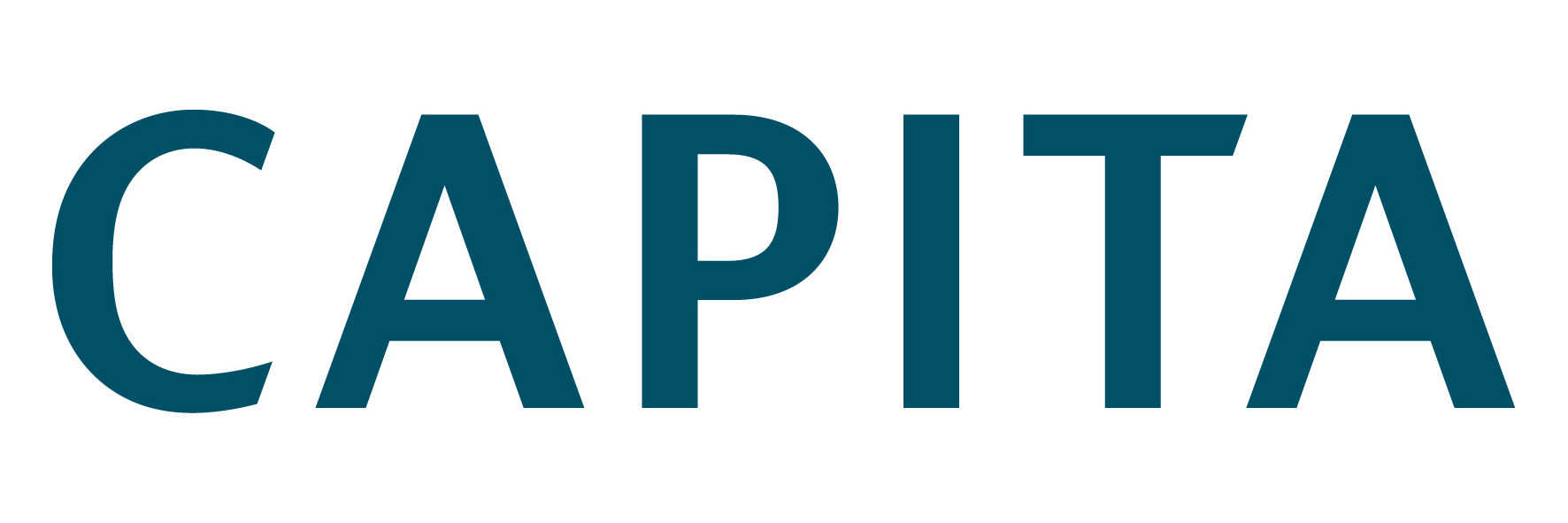About the course:
Our Instructor-led Kubernetes training course will give you hands-on experience of porting and managing applications running in containers on a Kubernetes cluster.
Kubernetes is the industry-standard platform for automating the deployment, scaling, and management of containerized applications.
Throughout this workshop, we'll be taking a hands-on approach, allowing you to interact directly with Kubernetes clusters and gain practical experience in working with its core concepts and components. From understanding the fundamentals of pods, deployments, and services to exploring advanced features like ingress controllers and persistent storage, our goal is to equip you with the skills and knowledge needed to leverage Kubernetes effectively in your own projects and environments.
This Kubernetes training course is available as a standalone workshop or as part of a wider training programme - get in touch to find out how we can tailor your training to meet your specific needs, for instance if you're running Kubernetes in the cloud on Azure, AWS, GCP or on-premises on bare metal.
A great choice for customised team training programmes (for instance, for graduate schemes) comprises a combination of our Terraform, Git, Docker and Kubernetes courses alongside a programming course such as Python or C#.
We're happy to offer this instructor-led Kubernetes training online; in-person at our London training centre, or at your location of choice. Please get in touch to find out about flexible options to suit your team.
Trusted by:





.png)
